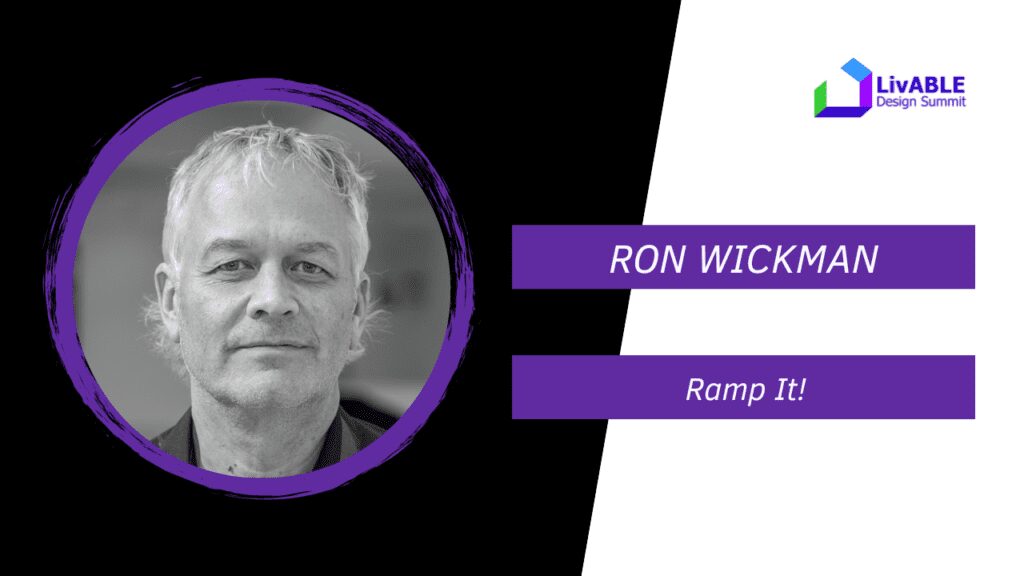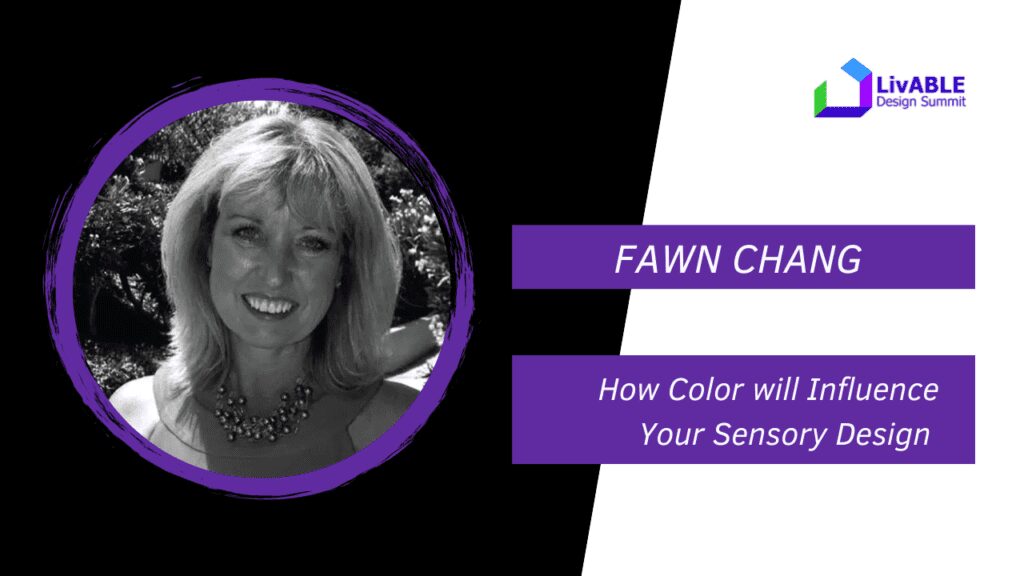Posts by Livable Canada
Biophilia: The Human NEED for Nature
The fastest growing influence in design today is the realization that great design improves health and wellness. Studies from Harvard, Johns Hopkins and around the world prove the health benefits of design, and designers need to start taking credit for it. Learn what leading neuroscientists say about the future of our industry, and the potential…
Read MoreWhat’s that Smell? The Unseen World of Air
During this session, I will discuss the importance of improved indoor air quality. Statistics and research show how IAQ solutions can impact the health and wellbeing of building occupants. There are many good reasons for improving the indoor air quality of your home. Statistics show that better air can improve the health and wellbeing of…
Read MoreThe World of E-Commerce: Why Having a Strong Brand Presence Online is More Important than Ever
If you’re just starting a business or have an established business, there’s room to grow. What’s next for your company? Today, companies are leveraging a strong online presence and social media to generate new clients and increase sales. Your company is one of a kind. Where will it go next? How will it grow and…
Read MoreBeyond Ramps & Grab Bars: Hoe Case Studies in Prosthetics & Buildings Help us Understand the Benefits of Universal Design
“Any system designed around the average person is doomed to fail” – Lt. Gilbert S. Daniels The goal of this session is to use case studies to highlight the purpose and benefits of universal design. While accessibility is a requirement for universal design, universal design is a wider range of design goals and principles than…
Read MoreNatural Fractals – Designed by Nature – Imitated by Ceramics
A key property of fractals is their similarity, where a similar structure is apparent in increasing or decreasing magnifications. Ceramics are used to imitate naturally occurring fractal shapes. This presentation is about natural fractals and the role of ceramics in imitating these natural fractals. Ceramics can be used to imitate natural fractals and this presentation…
Read MoreScent in Physical Space
Scent has long been understood as a powerful but subtle conveyor of meaning and behavior. It can be a potent addition to a built environment, stimulating well-being, comfort, or even unease and disgust. From Emperor Constantine to contemporary businesses, scents have been exploited for centuries. Yet, very few designers consider it in their design process.…
Read MoreThe Evolution of Wellness and Accessibility in the Home and How it Influences Design
This panel discussion will focus on overcoming the challenges that older adults face in maintaining their independence while remaining in their own home for as long as they can. We will discuss how to meet the needs of multiple generations living in one house. Ultimately, it’s important to focus on things you can control. If…
Read MoreArchitectural Photographer: Be One, or Hire One
You invest lots of effort in creating great projects, but do you employ photography that best represents your work. Even projects that don’t make it in international design magazines can look their best. This program provides a few points to think about when shooting a business’s architecture. You’ll learn how to avoid breaking the law…
Read MoreRamp It!
This session will show you the positive aspects of having an accessible entrance. It will help you to discover how a no-step design could be a solution for those homes where older occupants need support but want to remain in their homes as they age. A ramp may be the only means available to physically…
Read MoreHow Color will Influence your Sensory Design
With 83.5% of our information about our environment coming through our visual centers, color is one of the most distinguishing characteristics of how we navigate and “sense” our worlds. Even so, color has a more significant role in how and how much we sense. This talk will explore color’s role in sensory design, illuminating the…
Read More









